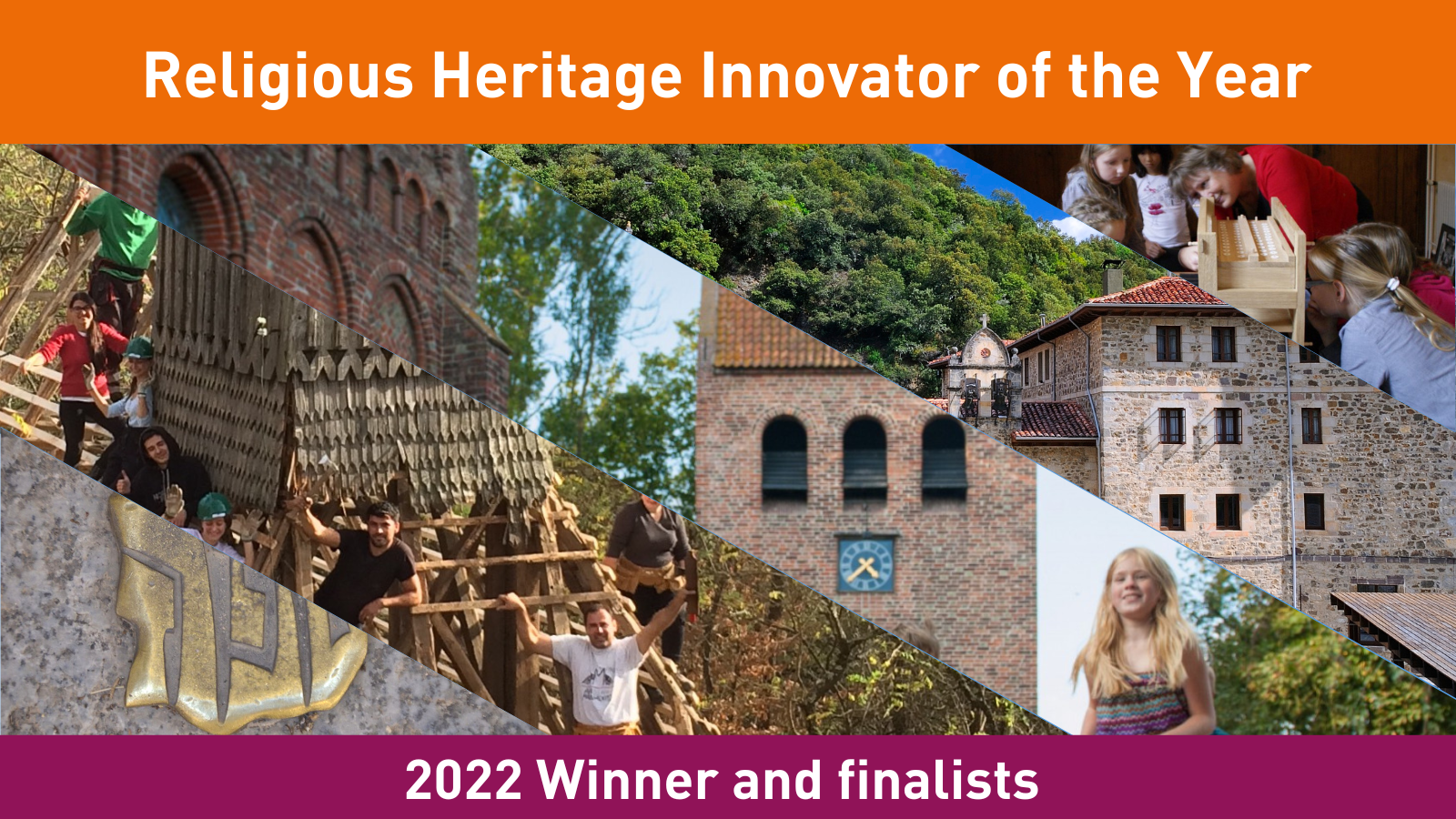
Future for Religious Heritage is delighted to announce the 2022 winner and four finalists of the Religious Heritage Innovator of the Year. The award launched on 9 May 2022 with the aim of celebrating excellence and highlighting best practices in the protection, enhancement and promotion of European sacred heritage. The first edition has been dedicated to the theme of sustainability, one of the five pillars of the European Commission’s Framework for Action on Cultural Heritage.
The five selected projects exemplify the different facets of sustainability and demonstrate that innovation does not have to be digital. FRH hopes that these noteworthy examples will serve as an inspiration to the cultural sector and as evidence of the efforts that heritage organisations are making to ensure a more sustainable future for cultural religious heritage.
The Award Ceremony of the Religious Heritage Innovator of the Year will take place in Lund, Sweden, on 21 April 2023 during the 2023 FRH Biennial Conference “European Sustainable Religious Heritage”.
Winning and finalist projects
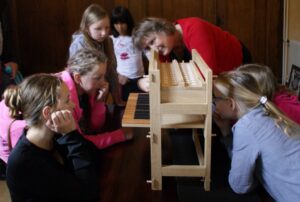 Winner – Orgelkids by Kerkmuziek Netwerk (The Netherlands)
Winner – Orgelkids by Kerkmuziek Netwerk (The Netherlands)
The Church Music Network (Kerkmuziek Netwerk) was selected by the Jury as the Religious Heritage Innovator of the Year for the project Orgelkids. This initiative brings children in contact with organ pipes in a very appealing way: with an organ consisting of 128 wooden parts, which the children have to assemble by themselves. Once built this wooden organ is able to produce music. The unique methodology of Orgelkids was born in 2009 in the Netherlands but has become a global movement present in more than 20 countries.
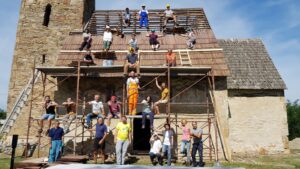 Finalist – Ambulance for Monuments by Asociatia Monumentum (Romania)
Finalist – Ambulance for Monuments by Asociatia Monumentum (Romania)
The Ambulance for Monuments aims to save endangered monuments with a unique and effective modus operandi: a van equipped with tools comes on site, a group of experts and craftsmen assesses the damage and stabilises the patient, and finally a team of volunteers return the patient to a healthy state.
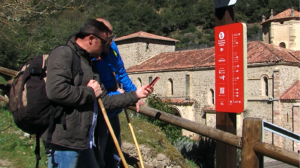 Finalist – Peregrino Lebaniego Digital 4.0 by Zwit Project. Territorio Rural Inteligente (Spain)
Finalist – Peregrino Lebaniego Digital 4.0 by Zwit Project. Territorio Rural Inteligente (Spain)
The digital project Peregrino Lebaniego Digital 4.0 was born to revitalise the rural areas crossed by the Lebaniego Way in the northern region of Cantabria, Spain. Thanks to an app and 15 beacons powered by solar panels pilgrims and visitors have access to free Wi-Fi throughout the whole route. It has become the first interconnected pilgrimage route in the world.
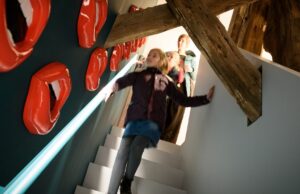 Finalist – The School Church by Groninger Kerken (The Netherlands)
Finalist – The School Church by Groninger Kerken (The Netherlands)
The School Church is an excellent example of heritage reuse that has provided the community of Garmerwolde, The Netherlands, with a multifunctional space that offers programmes for primary and secondary schools . The Feast! In West and East exhibition set up in the church tower is the most notable element of the project, promoting an understanding between people from various backgrounds.
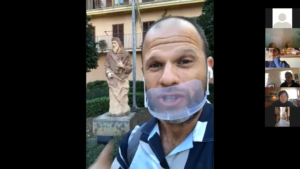 Finalist – Jewish Virtual Tourism by Jewish Majorca (Spain)
Finalist – Jewish Virtual Tourism by Jewish Majorca (Spain)
Jewish Virtual Tourism is a project that was born in the wake of the pandemic as a response to the mobility limitations that made it impossible to enjoy cultural heritage sites in situ. Through tours offered via Zoom, Jewish Majorca bridges the distance barrier by taking visitors on a virtual tour of the island’s Jewish heritage in real-time.
Religious Heritage Innovator of the Year booklet
FRH hopes that these noteworthy examples will serve as an inspiration to the cultural sector and as evidence of the efforts heritage organisations are making to ensure a more sustainable future.
For more information about the Religious Heritage Innovator of the Year Award, visit this page.





Follow us: